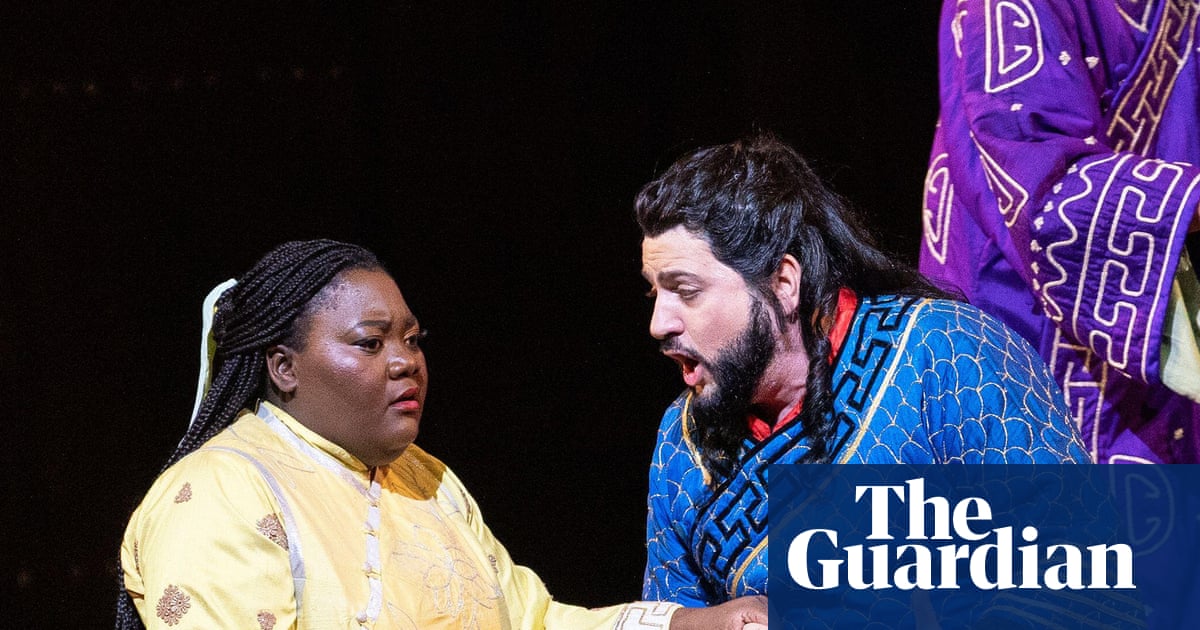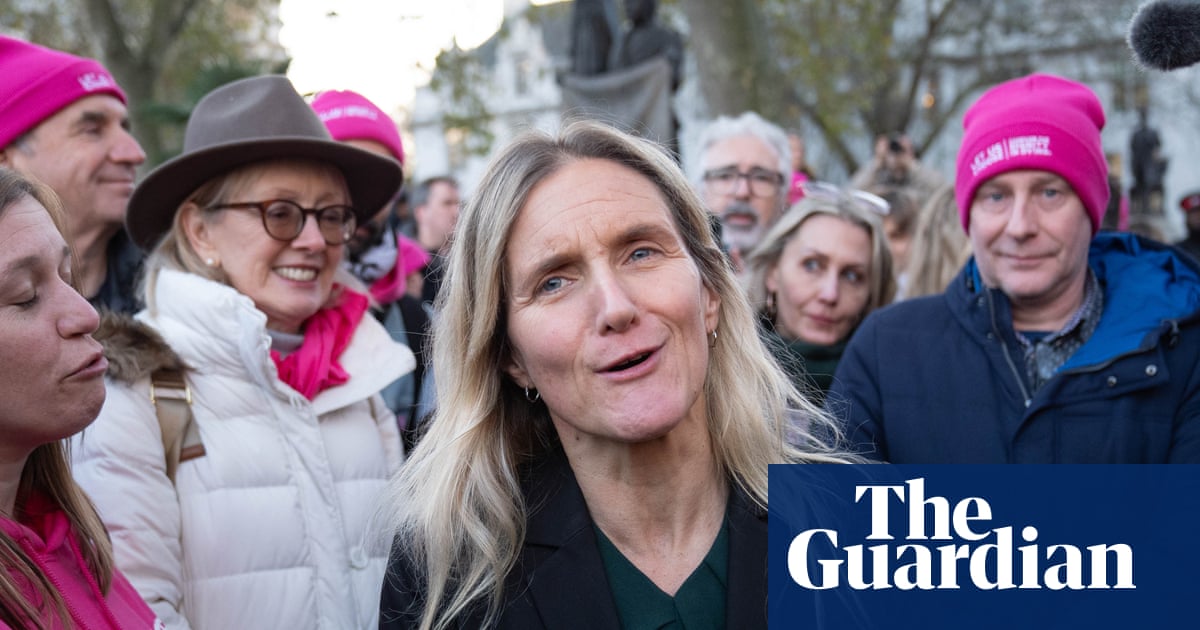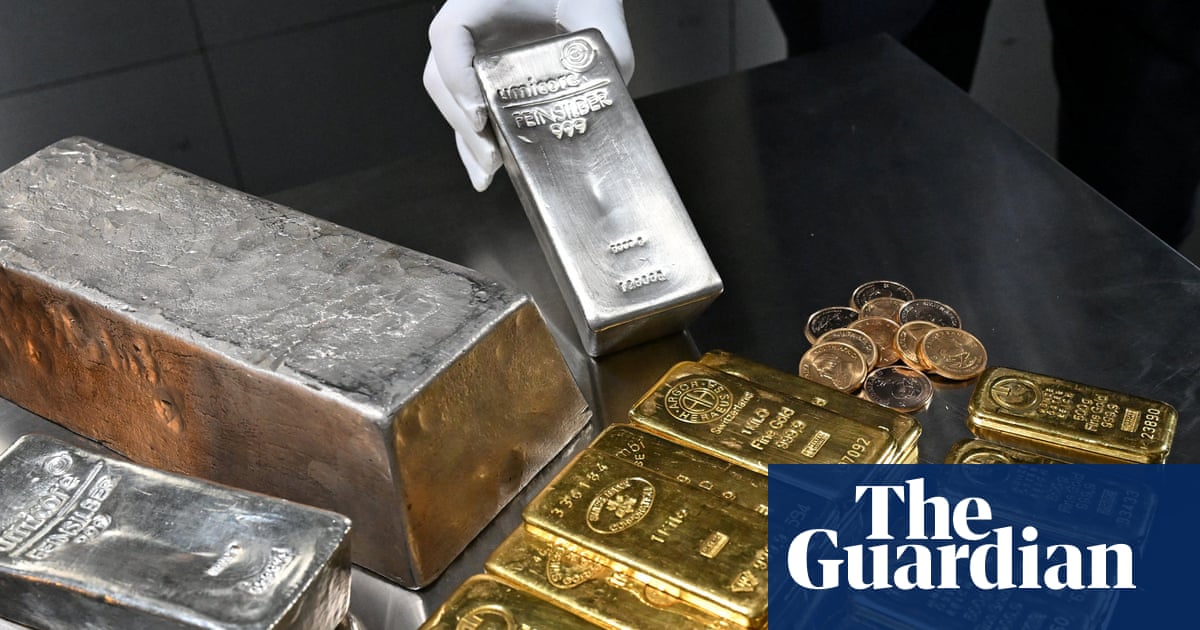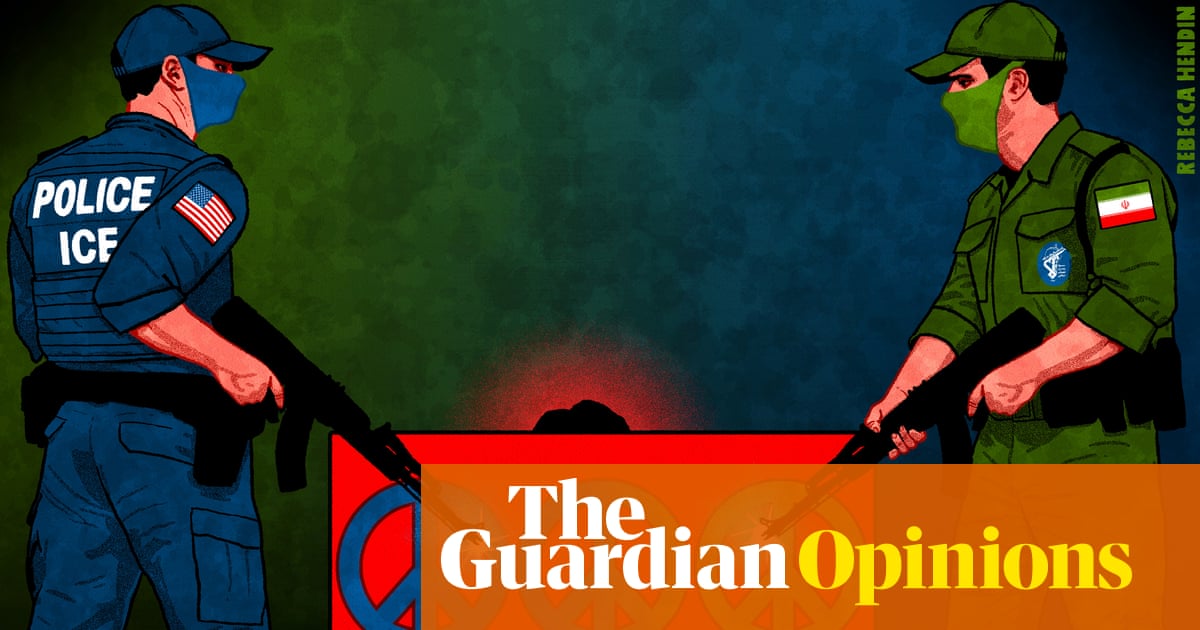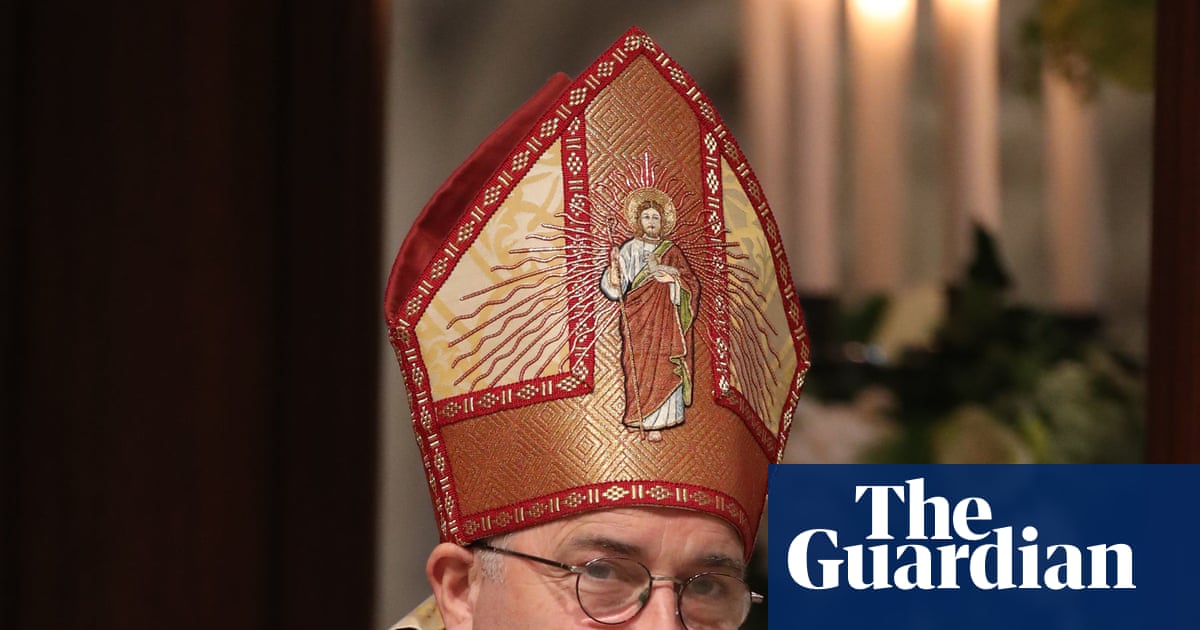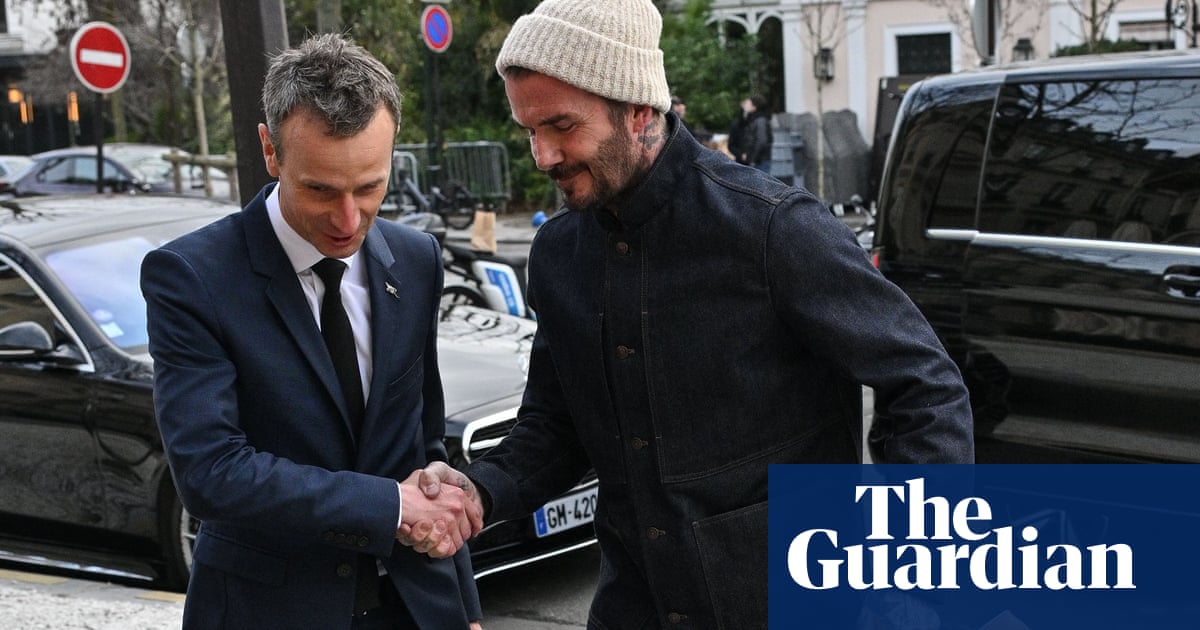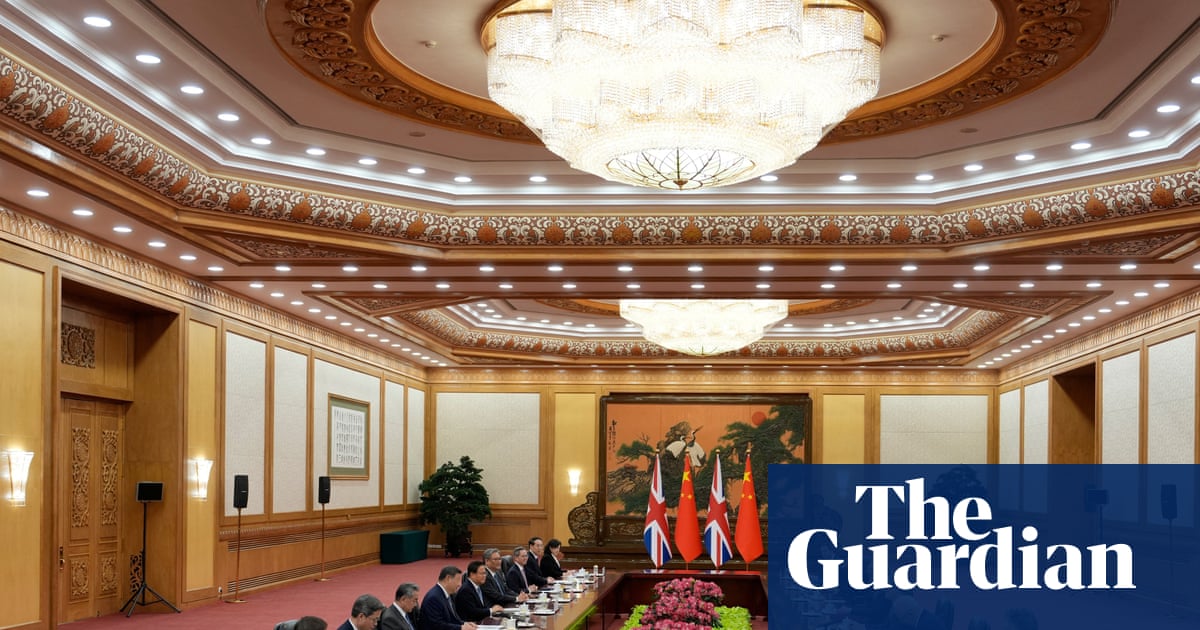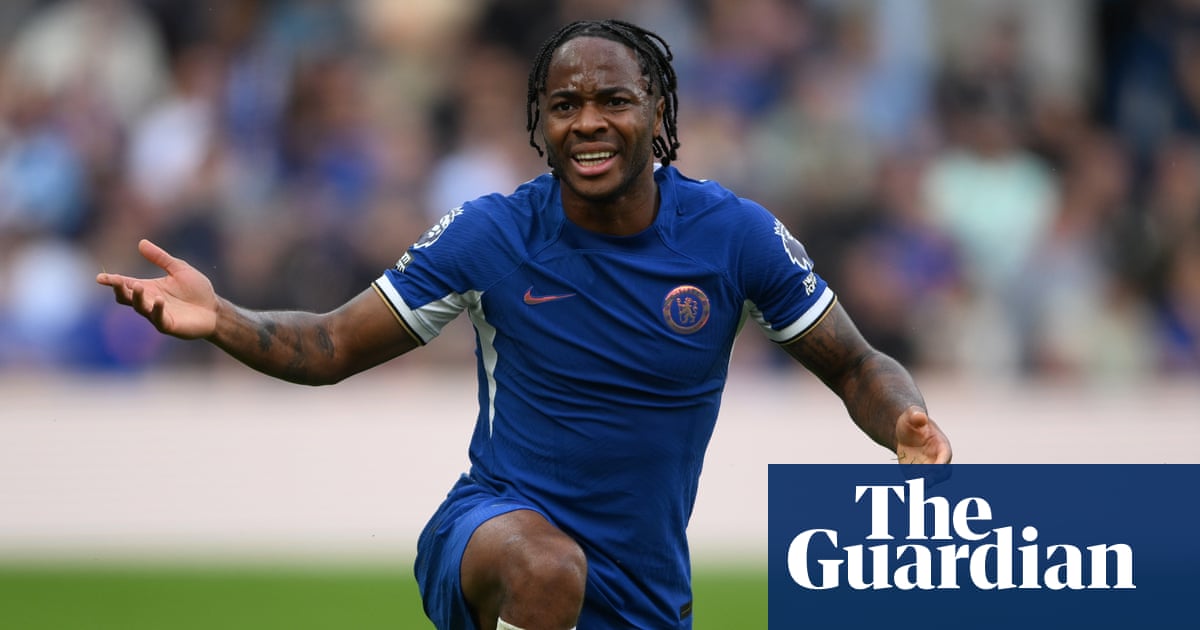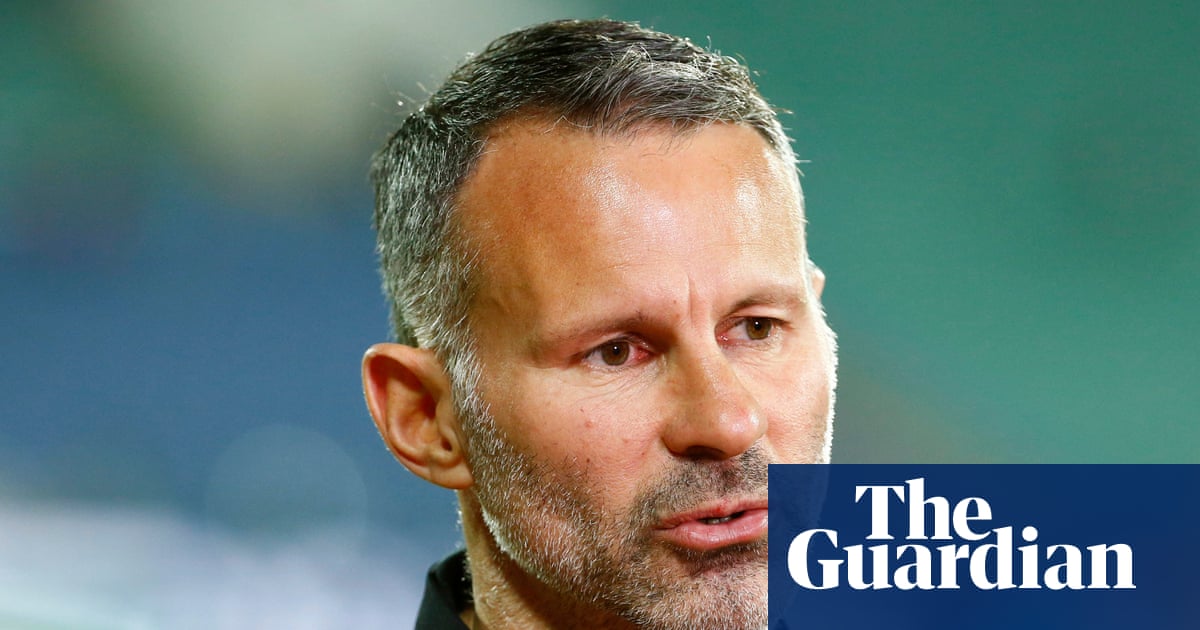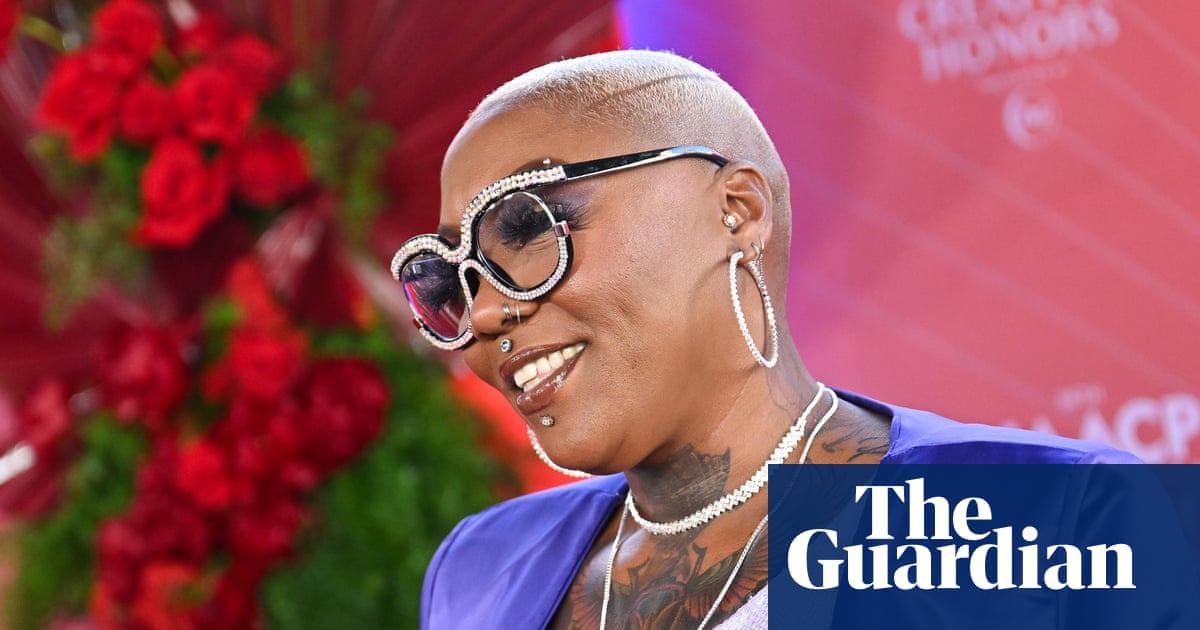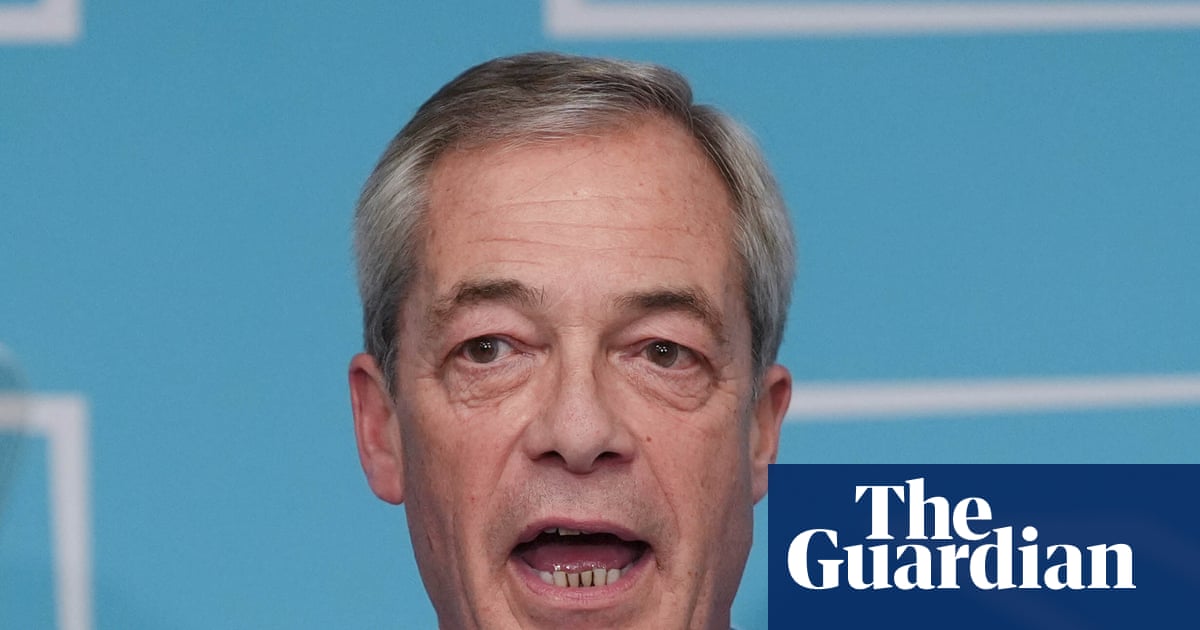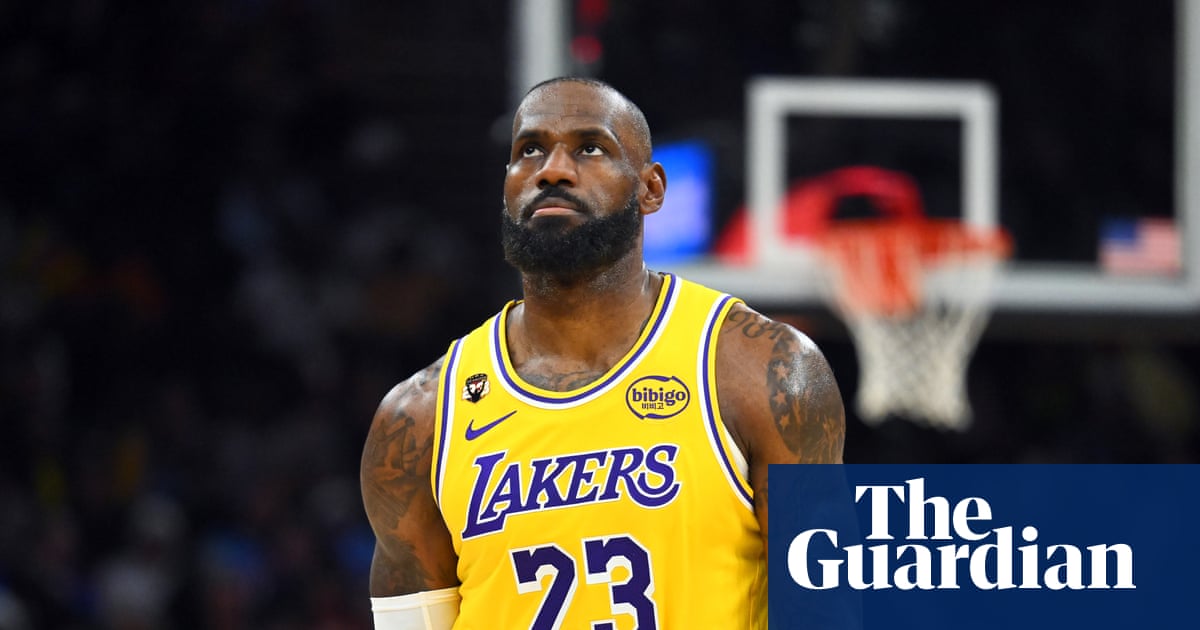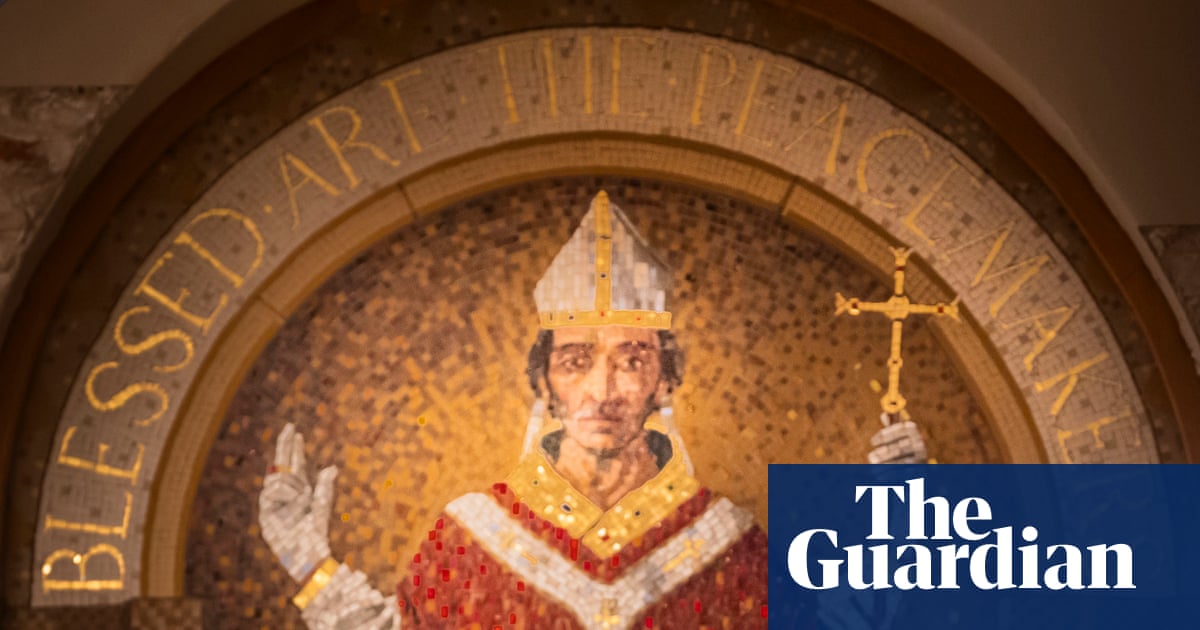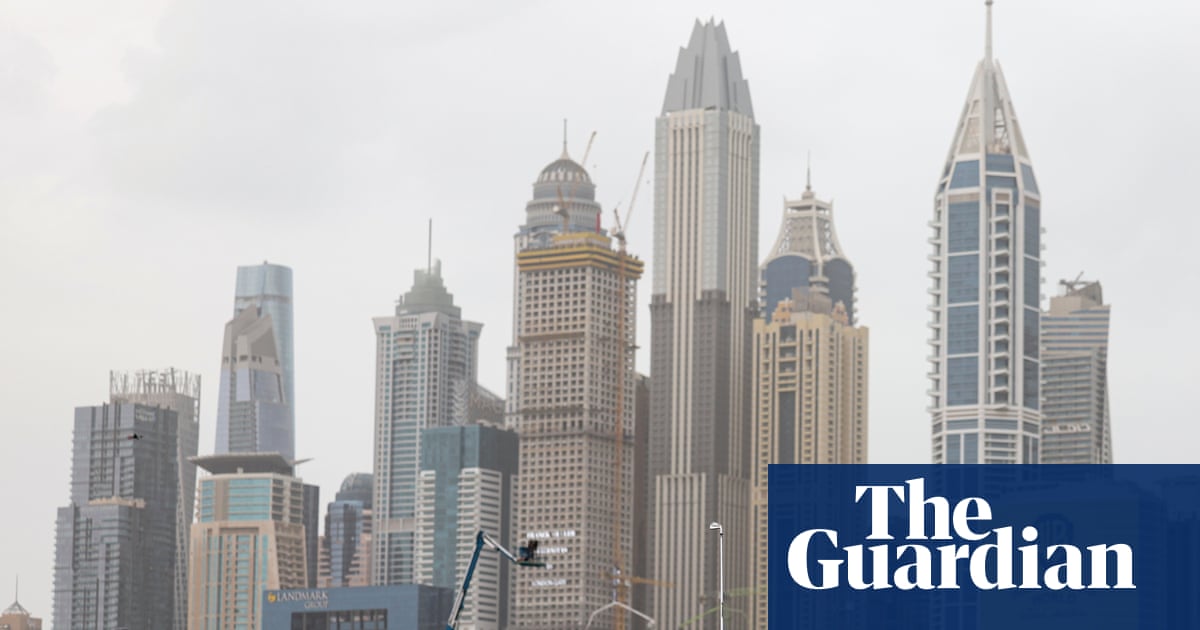To general bemusement, Gianni Infantino, the president of world football’s governing body, Fifa, was pictured congratulating Donald Trump last month at the Gaza peace summit in Sharm el-Sheikh, having been personally invited by the US president. Mr Infantino did not hold back in lauding the president’s peace-making prowess, commenting: “Now we can really write some new pages. Pages of togetherness, of peace, in a region which really, really needs it.”
News that Fifa is to launch its own annual peace prize, with the inaugural award to take place in Washington next month, would therefore seem to point to only one outcome. To use a metaphor from another sport, it surely looks like a slam dunk for the man Fifa’s president describes as a “winner” and “close friend”. As Mr Infantino told an American business forum on the day he announced the prize: “We should all support what [Mr Trump is] doing because I think it’s looking good.”
The rest of us can be excused for wishing that Mr Infantino was spending less time on inappropriate Maga networking and self-aggrandising stunts, and more on addressing criticism of how he is performing in his day job. Ahead of this summer’s men’s World Cup, the sports academic and Guardian US columnist Leander Schaerlaeckens has justly accused Fifa of being “fully focused on monetizing the sport, no matter the collateral damage”. Recently unveiled ticketing arrangements for the tournament, which will take place in the US, Canada and Mexico, more than bear that judgment out.
Apeing the superlative-laden bombastic style of his new best friend in politics, Mr Infantino has predicted “the biggest, best and most inclusive World Cup ever”. The first of those claims is literally true, since Fifa’s desire to maximise receipts has led it to increase the number of participating teams from 32 to an unwieldy 48. The second is unknowable until the games are played. The third – at least for fans actually wishing to attend some matches – is cobblers.
Fifa’s decision to adopt dynamic pricing for tickets means that the price of a family day out at a game could run into thousands of dollars. Supposedly discounted tickets for group stage games are vanishingly thin on the ground, and the decision to remove a cap on resale value saw a $2,030 ticket for the World Cup final relisted the next day for $25,000. Fifa, naturally, takes a cut from sanctioned mark-ups.
Under Mr Infantino, Fifa has become the eager ally of super-rich sportswashing states such as Qatar and Saudi Arabia, with the latter given a clear run at the 2034 World Cup. The relentless quest for new sources of income has also led to the overloading of the football calendar with the overblown Club World Cup. This summer promises to be a Trump-endorsed masterclass in monetisation, allowing the US market to let rip and accelerating the uber-gentrification of the world’s most popular sport.
In September, New York’s Arsenal-supporting mayor-elect, Zohran Mamdani, launched a “Game over greed” petition, condemning the ticketing strategy as an “affront to the game”. He also lamented the fact that – unlike at the last three World Cups – no tickets are being set aside for local residents. A noble intervention, but sadly a doomed one. Just like his idol in the White House, Mr Infantino only starts listening when money is doing the talking.

 2 months ago
60
2 months ago
60
